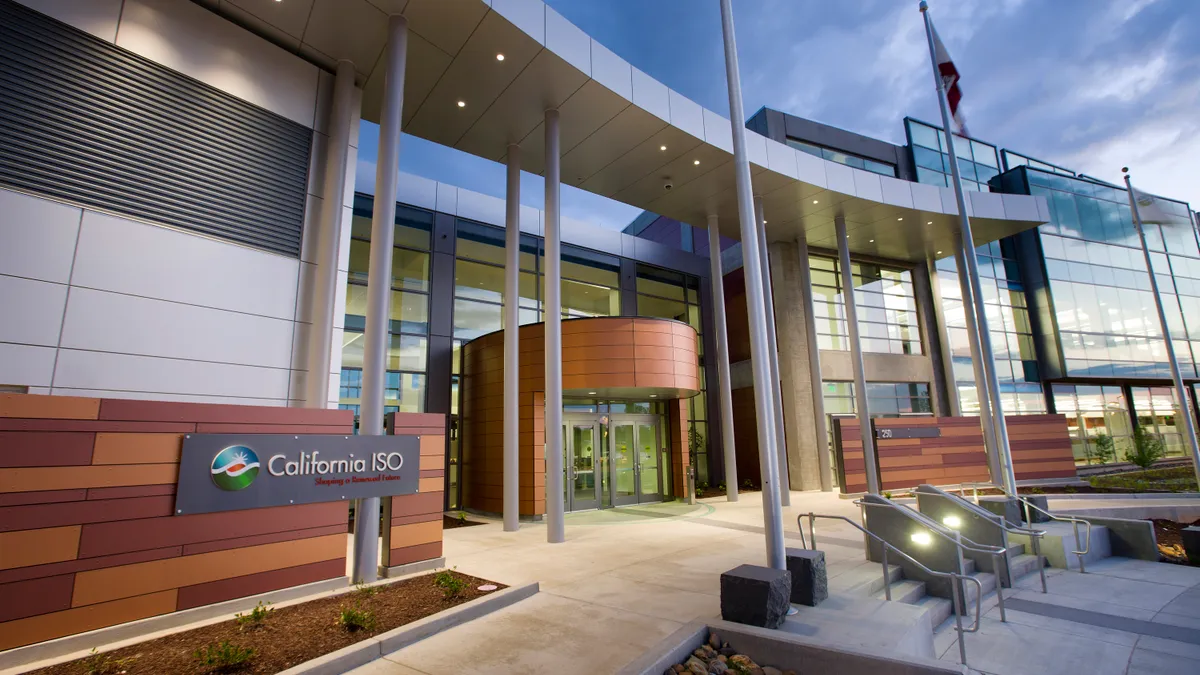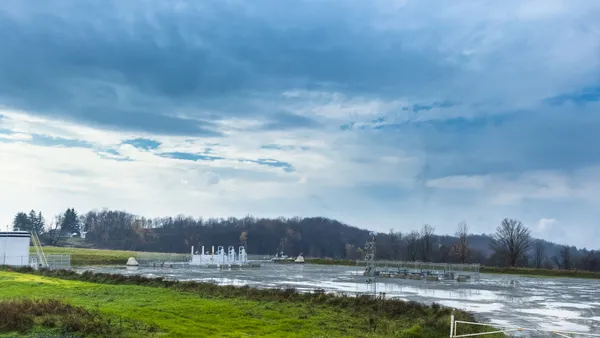Dive Brief:
-
Idaho Power and PacifiCorp committed Thursday to take Reliability Coordinator (RC) services from the California ISO (CAISO). The Balancing Authority of Northern California has also committed to using CAISO's services, bringing the total commitments to three.
-
CAISO in January said it would stop using RC services from Peak Reliability Coordinator by Sept. 1, 2019, and would form its own RC to serve the ISO and other entities in the Western Interconnection.
- CAISO is applying to the Federal Energy Regulatory Commission (FERC) for approval of its RC services rate design, because those charges are included in the ISO's tariffs, under FERC's jursdiction. CAISO's board of governors approved the ISO's RC service rate design, terms and conditions, which will be filed with FERC on Aug. 31. FERC is expected to make a decision in November.
Dive Insight:
Since announcing its intention to be its own RC and offer those services to other balancing authorities, "several entities throughout the West expressed interest," CAISO spokesman Steven Greenlee told Utility Dive. "We are becoming our own RC and will save money doing it, and we can offer it to other entities," he said.
There are a total of 38 balancing authorities in the Western Interconnection.
All ISOs and Regional Transmission Organizations have an RC, which is responsible for overseeing operations and reliability on a regional basis and, thus, have a wider view than any single balancing authority. The RCs are also under the direct jurisdiction of the North American Electric Reliability Corp.
To preserve autonomy, CAISO has set up its RC services group as a separate unit within the ISO. CAISO has also hired about 28 people to run the unit.
Taking on the role of RC provider, for itself and others, fits in with CAISO's ambition to expand the area it serves to cover most of the Western Interconnection — a process known as "regionalization."
The process faces a lot of pushback from groups in other states that fear California would gain control over their policies, as well as from groups within California that are wary of subjecting the state to greater federal scrutiny. Groups within the state are also concerned that out-of-state coal generators would be allowed to export their power into California.
CAISO also faces a Sept. 4 deadline to inform the Western Electric Coordinating Council how it intends to obtain its RC services. CAISO plans to launch its the new services by July 2019.














